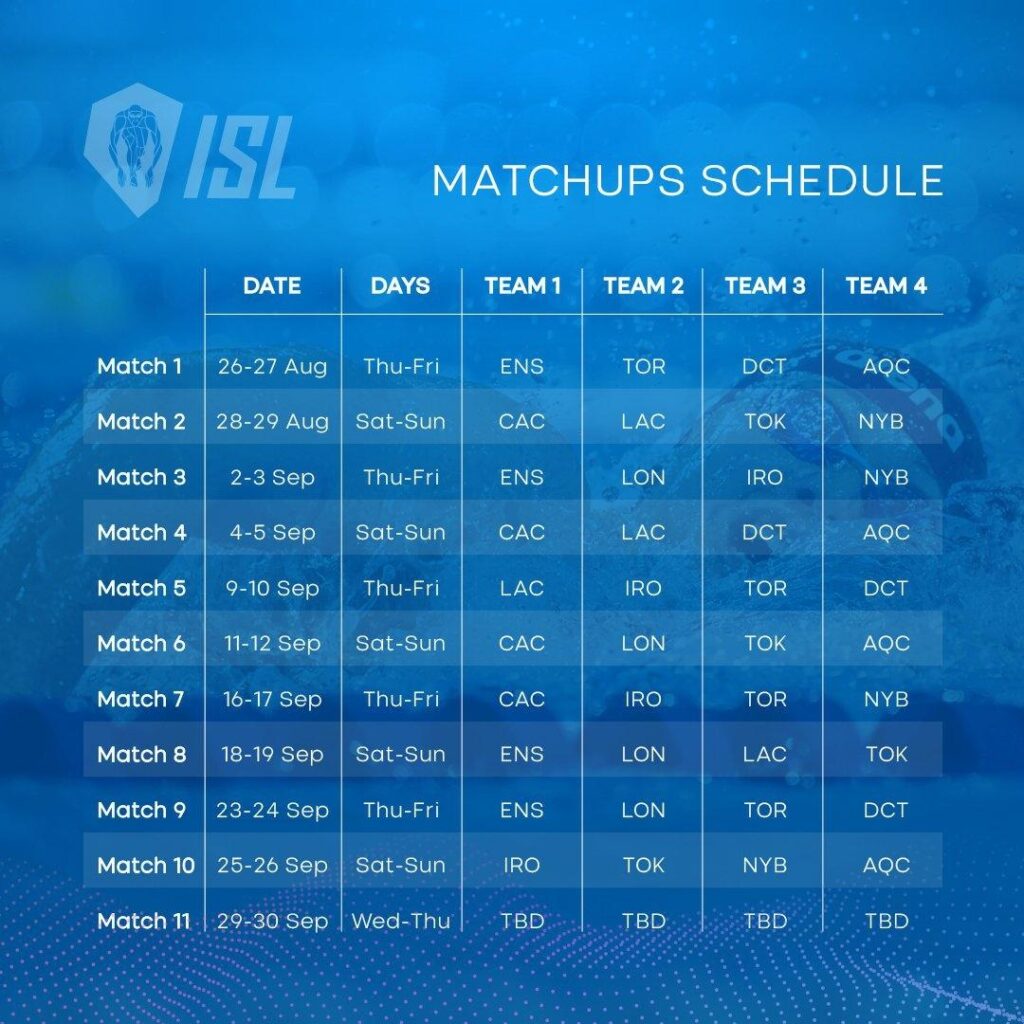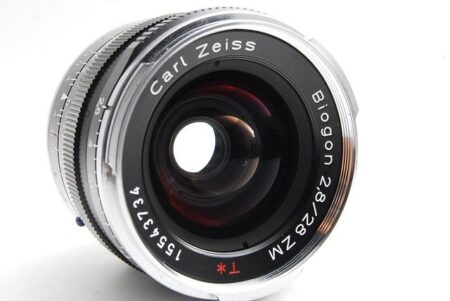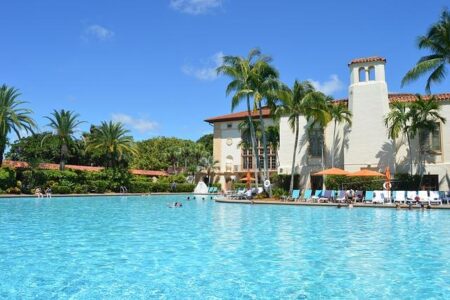Swimming Canada has unveiled its updated competition calendar for the 2026 and 2027 seasons, outlining key events and dates designed to prepare athletes for upcoming international challenges. The revised schedule reflects strategic adjustments aimed at optimizing performance opportunities and aligning with global swimming competitions. Stakeholders and athletes alike are invited to review the new calendar as the organization sets its sights on continued success on the world stage.
Swimming Canada Unveils Key Dates and Venues for Upcoming Seasons
Swimming Canada has officially released the much-anticipated competition schedule for the 2026 and 2027 seasons, confirming venues that span coast to coast. The lineup features a dynamic mix of national championships, age group meets, and elite open competitions designed to showcase the depth of Canadian swimming talent. Key locations include established aquatic centers in Toronto, Vancouver, and Montreal, alongside new sites such as Halifax’s state-of-the-art aquatic complex, reflecting Swimming Canada’s commitment to regional development and engagement. These events are strategically spaced to optimize athlete readiness and offer fans a consistent lineup of thrilling competitions throughout the year.
Below is a snapshot of confirmed dates and key venues. Swimming Canada’s calendar also integrates high-performance training camps and trial meets, aimed at supporting athletes targeting international competitions. Notably, the 2027 National Championships will return to Edmonton, sparking anticipation ahead of the World Aquatics Championships qualifying season.
- 2026 Season Highlights: National Age Group Championships – Vancouver (April), Open Water Trials – Halifax (August)
- 2027 Season Highlights: Senior National Championships – Edmonton (June), Junior Development Meet – Calgary (November)
| Season | Event | Venue | Date |
|---|---|---|---|
| 2026 | National Age Group Championships | Vancouver | April 15-19 |
| 2026 | Open Water Trials | Halifax | August 10-12 |
| 2027 | Senior National Championships | Edmonton | June 3-7 |
| 2027 | Junior Development Meet | Calgary | November 18-20 |
Athlete Preparation and Qualification Criteria Detailed in New Schedule
Swimming Canada’s latest schedule brings a clear and structured pathway for athletes aiming to secure their spot on national and international rosters. The revised qualification criteria emphasize performance consistency, with mandatory participation in designated meets and time standards tailored to each competition phase. Swimmers must now achieve benchmark times in at least two sanctioned events within the qualifying window, ensuring that only the most prepared and competitive athletes advance. Additionally, a points-based system will complement time qualifications, rewarding versatility and performance across multiple strokes and distances.
Key elements of the new preparation framework include:
- Minimum Qualifying Times: Set for sprint, middle, and long-distance events across all age categories.
- Mandatory Trial Events: National trials and regional championships serve as primary selection platforms.
- Performance Consistency: Athletes must demonstrate peak form in both summer and winter seasons.
- Points Accumulation: Encourages diverse event participation and rewards overall swimming prowess.
| Event Category | Qualifying Time Standard | Trial Events Required |
|---|---|---|
| Sprint (50m & 100m) | Under 24.50 sec (men), 27.00 sec (women) | National Trials, Regional Champs |
| Middle Distance (200m & 400m) | Under 1:58.00 (men), 2:08.00 (women) | National Trials, Provincial Champs |
| Long Distance (800m & 1500m) | Under 8:30.00 (men), 9:20.00 (women) | National Trials Only |
Strategic Recommendations for Coaches and Competitors Ahead of 2026 and 2027 Events
To maximize performance and capitalize on the newly released schedule, coaches should develop periodized training cycles that align closely with key events in 2026 and 2027. Prioritizing recovery and tapering phases around peak competition dates will be crucial, especially with intensified back-to-back event windows. Emphasizing versatility and adaptability within training plans will also allow athletes to adjust swiftly to any unforeseen changes in scheduling or qualification criteria. Incorporating advanced data analytics to monitor swimmer progress can help identify strengths and areas for targeted improvement ahead of major races.
Competitors are encouraged to set realistic yet ambitious milestones based on the updated calendar. Structured goal-setting combined with detailed race strategy sessions will sharpen competitive edge. Attention to mental preparedness and resilience training should complement physical readiness, as the condensed calendar demands sustained focus over two intense years. Below is a breakdown of key preparation focus areas:
- Technical refinement tailored to the event distances
- Nutrition planning optimized for training and recovery phases
- Cross-training to enhance overall athletic performance
- Regular performance assessments to tweak preparation
| Preparation Phase | Focus | Duration |
|---|---|---|
| Base Training | Endurance & Technique | 4-6 months |
| Pre-Competition | Speed & Race Simulation | 2-3 months |
| Competition Peak | Taper & Recovery | 3-4 weeks |
| Transition | Active Rest & Analysis | 1 month |
Concluding Remarks
As Swimming Canada finalizes its updated competition calendar for the 2026 and 2027 seasons, athletes, coaches, and fans alike can look forward to a well-structured schedule aimed at optimizing performance and engagement. The revised calendar reflects the organization’s commitment to fostering competitive excellence and supporting the growth of swimming across the country. Further details and any subsequent adjustments will be communicated as the seasons approach, ensuring all stakeholders stay informed and prepared.





